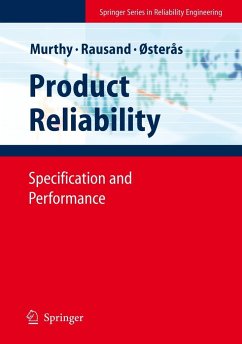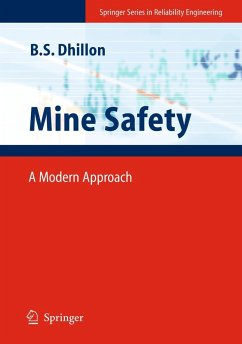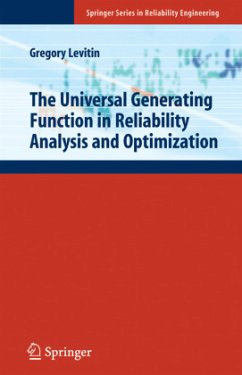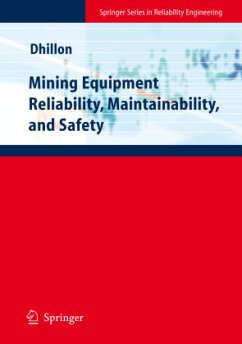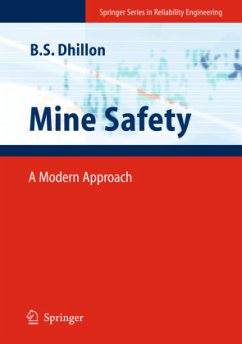
The Complexity of Proceduralized Tasks
Versandkostenfrei!
Versandfertig in 1-2 Wochen
115,99 €
inkl. MwSt.
Weitere Ausgaben:

PAYBACK Punkte
58 °P sammeln!
"The Complexity of Proceduralized Tasks" deals with the problem of quantifying the complexity of a proceduralized task; in other words, a task written as a procedure.
This book proposes a systematic framework that is able to quantify the complexity of proceduralized tasks. This approach is designed to complement existing methods that have focused mainly on making procedures easier to understand, rather than enhancing their overall performance.
"The Complexity of Proceduralized Tasks" will be a valuable resource for researchers and students who are interested in the provision of effective procedures for the purpose of enhancing the performance of human operators. It discusses a range of complexity factors, with chapters dedicated to such topics as software complexity, emergency tasks, and the TACOM measure.
This book proposes a systematic framework that is able to quantify the complexity of proceduralized tasks. This approach is designed to complement existing methods that have focused mainly on making procedures easier to understand, rather than enhancing their overall performance.
"The Complexity of Proceduralized Tasks" will be a valuable resource for researchers and students who are interested in the provision of effective procedures for the purpose of enhancing the performance of human operators. It discusses a range of complexity factors, with chapters dedicated to such topics as software complexity, emergency tasks, and the TACOM measure.
We think we have scientific knowledge when we know the cause. (Aristotle, Posterior Analytics Book II, Part 11) About 12 years ago, when I was a graduate student, many people were concerned about my Ph. D. topic - investigating the effect of the complexity of procedu- lized tasks on the performance of human operators working in nuclear power plants. Although they agreed with the fact that procedures (especially emergency operating procedures) play a crucial role in securing the safety of nuclear power plants, it was amazing that most of them pointed out a very similar issue: "I cannot understand why operating personnel see any difficulty (or complexity) in condu- ing procedures, because all that they have to do is to follow a simple IF-THEN- ELSE rule as written. " Actually, this issue is closely related to one of the main questions I was recently asked, such as "Don't you think your work is too acad- ic to apply to actual procedures?" or "I guess we don't need to consider the c-plexity of procedures, because we can develop a good procedure using many pr- tical procedure writers' guidelines. Then what is the real contribution of your work?" I absolutely agree with the latter comment. Yes, we can develop a good pro- dure with the support of many practical and excellent guidelines.







